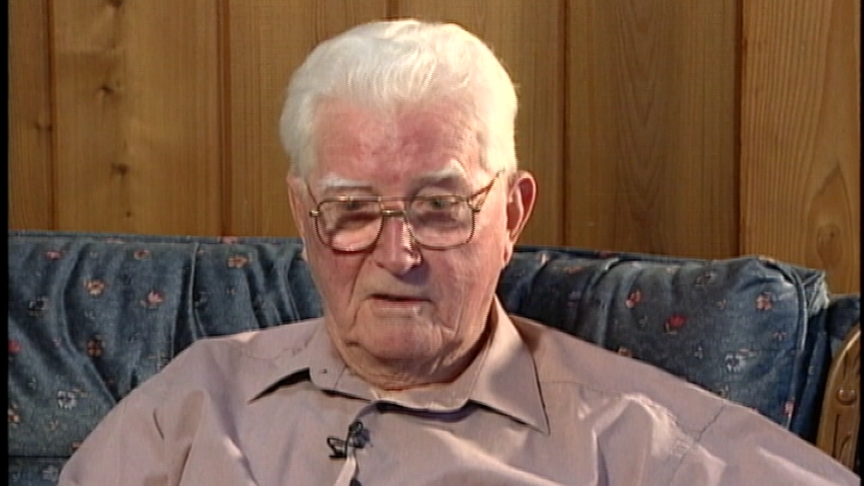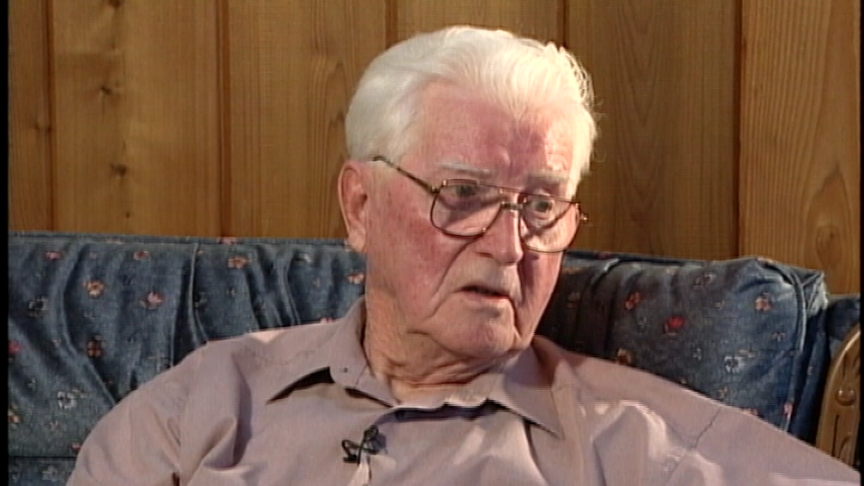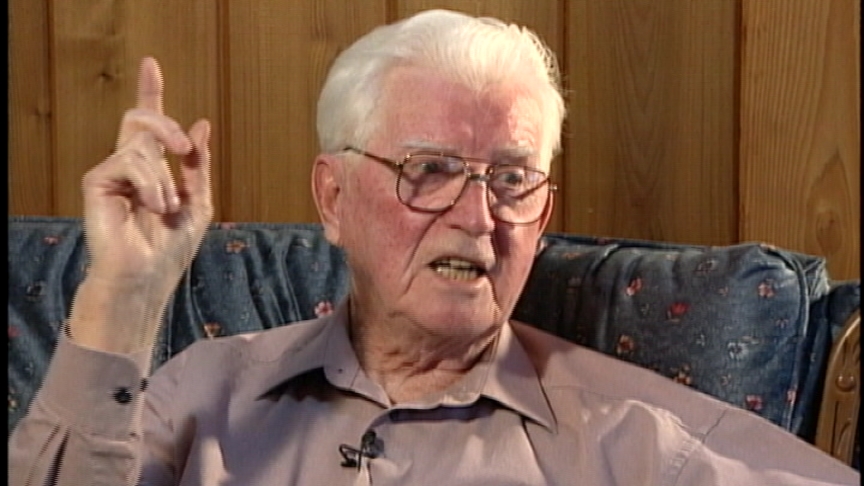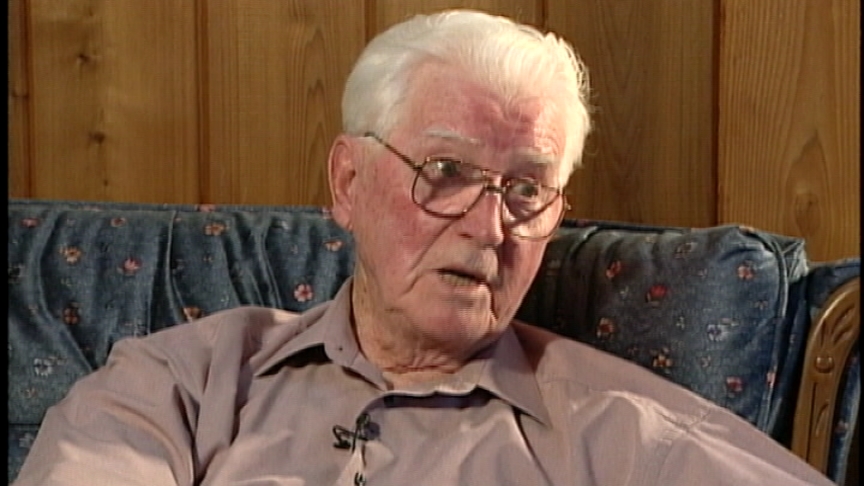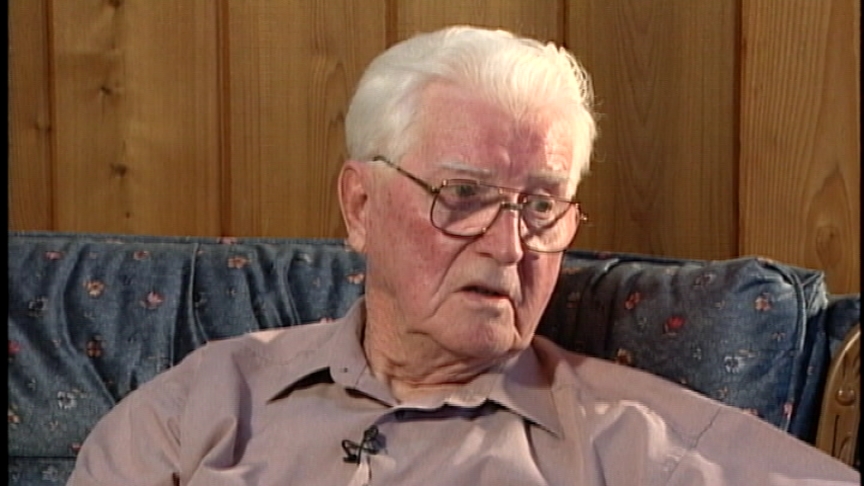Beaten By Guard
Heroes Remember
Beaten By Guard
Transcript
Description
Mr. Maro recalls being beaten by a Japanese guard for returning to camp to quickly from work.
Harold Maro
Mr. Maro was born in Norway in 1917, and had begun going to sea with his father at age 15. During the Second World War, Mr. Maro sailed with two Norwegian Merchant Navy ships; the Atesbull and Prominence, both of which were sunk. Mr. Maro and other crew members washed up on the beaches of Indonesia five days after the Prominence was sunk and were placed under Japanese supervision; however, they were not taken prisoner until Norway declared war the following year. Transferred from camp to camp over the course of 3 ½ years, Mr. Maro was interned in Chang, Singapore when he was liberated in 1945. As the war came to an end, Mr. Maro eventually returned to Norway, but was soon lured to Halifax, Nova Scotia, for work , moving with his wife. They both soon became Canadian citizens. Mr. Maro continued to sail until his retirement in 1976.
Meta Data
- Medium:
- Video
- Owner:
- Veterans Affairs Canada
- Duration:
- 02:15
- Person Interviewed:
- Harold Maro
- War, Conflict or Mission:
- Second World War
- Location/Theatre:
- Asia
- Branch:
- Merchant Navy
- Units/Ship:
- Prominence
Related Videos
- Date modified:



